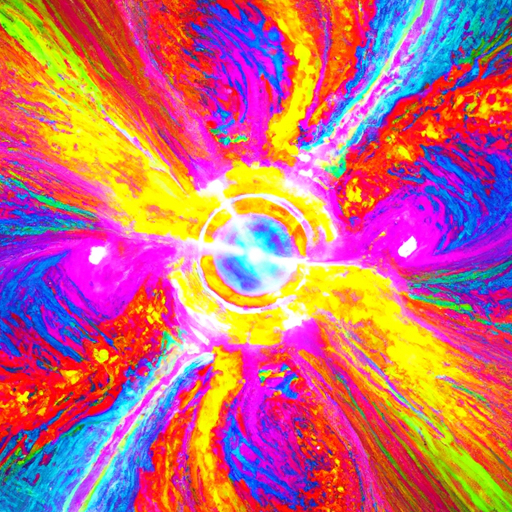The Discovery of the Higgs Boson Particle and its Implications for Understanding the Universe

The Discovery of the Higgs Boson Particle and its Implications for Understanding the Universe
In 2012, scientists at CERN, the European Organization for Nuclear Research, made a groundbreaking discovery that would forever change our understanding of the universe. After years of research and experimentation, they announced the discovery of the Higgs boson particle, often referred to as the "God particle." This remarkable find has far-reaching implications in our quest to understand the fundamental laws of nature.
The Higgs boson is a particle that is associated with the Higgs field, a field of energy that permeates all of space. It was first theorized by physicist Peter Higgs and independently by others in the 1960s, as a crucial piece of the puzzle in understanding the nature of mass. According to the Standard Model of particle physics, the Higgs field is responsible for giving particles their mass. Without the Higgs field, all particles would move at the speed of light and the universe as we know it would not exist.

Prior to the discovery of the Higgs boson, the existence of the Higgs field and the mechanism by which particles acquire mass remained hypothetical. However, the experiments conducted at CERN's Large Hadron Collider (LHC) provided strong evidence for its existence. By colliding protons at high energies, scientists were able to recreate the conditions that existed just moments after the Big Bang, producing enough energy to detect the Higgs boson.
The discovery of the Higgs boson was a major triumph for the scientific community. It confirmed the predictions made by the Standard Model and validated decades of theoretical work. It also provided pivotal insights into the origin of mass and the nature of the Higgs field. Understanding these fundamental components is essential for unraveling the mysteries of our universe.
One of the significant implications of the Higgs boson discovery is the validation of the Standard Model. This model describes the basic building blocks of matter and their interactions, but it is incomplete. The Standard Model does not account for phenomena such as dark matter and dark energy, which make up a significant portion of the universe. The discovery of the Higgs boson provides evidence that the model might be on the right track, but also highlights the need for further research and theory development.

Another implication of the Higgs boson discovery is its impact on our understanding of the early universe. The Higgs field and the associated Higgs boson are thought to have played a crucial role in the formation of the universe during the Big Bang. By studying the properties of the Higgs boson, scientists can gain insights into the conditions that prevailed in the early universe, helping to unravel the mysteries of its birth and evolution.
Furthermore, the discovery of the Higgs boson opens up new possibilities for particle physics research. Scientists can now focus on studying the properties of the Higgs boson in more detail, such as its lifetime and decay channels. This research could lead to new breakthroughs and provide a deeper understanding of the fundamental laws of nature.
Finally, the discovery of the Higgs boson particle has captivated the public's imagination and sparked a renewed interest in science. It has demonstrated the power of human ingenuity, collaboration, and technological advancements in pushing the boundaries of knowledge. The discovery serves as a testament to the importance of continued investment in scientific research and exploration.
In conclusion, the discovery of the Higgs boson particle at CERN's LHC has revolutionized our understanding of the universe. It has confirmed the existence of the Higgs field and shed light on the mechanism by which particles acquire mass. The findings have provided valuable insights into the early universe, validated the Standard Model, and opened up new avenues for research. The discovery of the Higgs boson stands as one of the most significant achievements in the history of science and serves as a testament to human curiosity and the power of scientific exploration.






